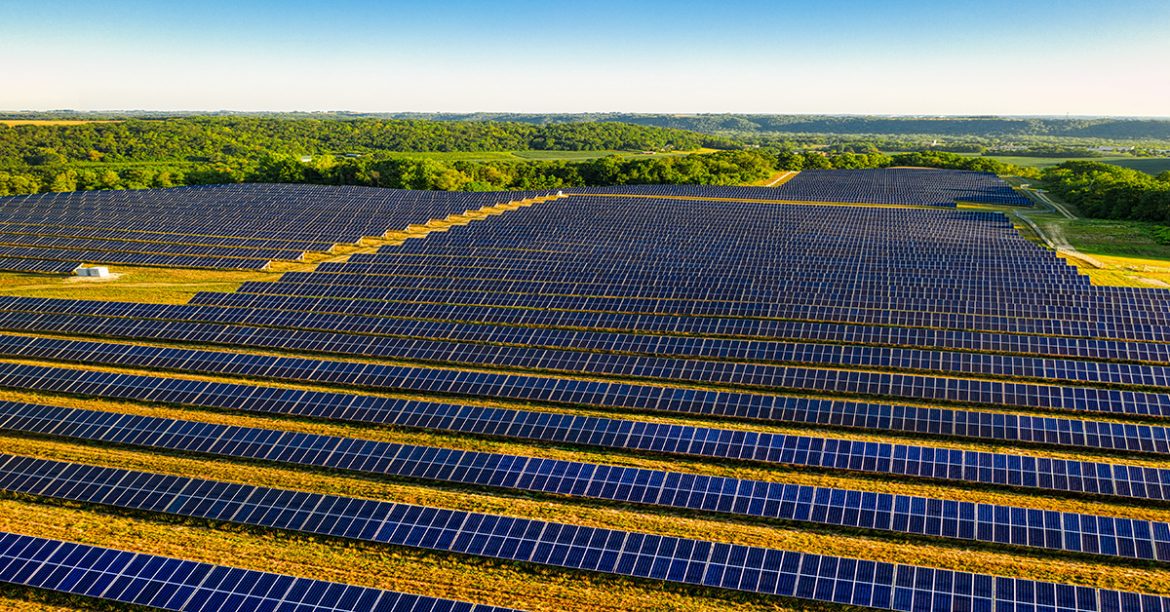Introduction
MNRE Guidelines From the (Ministry of New and Renewable Energy) in India has recently issued a Guideline, update regarding the Domestic Content Requirement (DCR) for solar PV power projects under its Schemes/Programmes. The update highlights the significance of promoting domestically manufactured solar PV cells and modules and outlines strict actions to be taken in the event of DCR violations.
Table of Contents
What is DCR?
The DCR policy is a government initiative to promote the development of India’s domestic solar manufacturing sector. By mandating the use of domestically manufactured solar components in solar PV projects, the government aims to reduce India’s reliance on imported solar products, create jobs, and boost the economy.
Why is DCR Important?
India has set ambitious targets for renewable energy capacity addition, with solar PV playing a pivotal role in achieving these goals. However, India is currently heavily dependent on imported solar modules, which makes it vulnerable to global supply chain disruptions and price fluctuations. The DCR policy aims to address this challenge by incentivizing domestic solar manufacturing and reducing India’s reliance on imports.
Benefits of DCR
The DCR policy offers a number of benefits to the Indian economy and the solar PV industry, including:
- Job creation: The DCR policy is expected to create millions of jobs in the Indian solar manufacturing sector.
- Economic boost: The DCR policy is expected to boost India’s GDP by billions of dollars.
- Reduced imports: The DCR policy is expected to reduce India’s imports of solar modules, thereby saving foreign exchange and improving the trade balance.
- Technological advancement: The DCR policy is expected to promote technological innovation in the Indian solar manufacturing sector.
DCR Requirements
The DCR requirements vary depending on the specific MNRE Scheme/Programme. However, in general, solar PV projects must use domestically manufactured solar modules with a minimum domestic content of 70%. Solar developers can also claim DCR benefits for domestically manufactured solar cells, inverters, and other components.
DCR Violations and Consequences
MNRE takes DCR violations very seriously. In the event of a DCR violation, the solar developer may face the following consequences:
- Blacklisting: The solar developer may be blacklisted for a period of up to 10 years, preventing them from participating in future MNRE Schemes/Programmes.
- Forfeiture of bank guarantee: The solar developer may be required to forfeit the bank guarantee submitted for the project.
- Criminal prosecution: In some cases, MNRE may initiate criminal prosecution against the solar developer for DCR violations.
How to Ensure DCR Compliance
Solar developers can ensure DCR compliance by following these steps:
- Source solar PV modules from MNRE-approved domestic manufacturers.
- Obtain certificates of origin from the manufacturers for all solar PV modules used in the project.
- Maintain proper documentation to substantiate the DCR compliance of the project.
Conclusion
The DCR policy is an important initiative to promote the development of India’s domestic solar manufacturing sector and reduce India’s reliance on imported solar products. Solar developers must ensure strict compliance with DCR norms to avoid the serious consequences of violations. We at Infisol Energy are proud to promote DCR Modules Manufactured by Adani Solar.
Additional Information
In addition to the above, here are some additional points to consider about the DCR policy:
- The DCR policy is applicable to all solar PV power projects under MNRE Schemes/Programmes, including rooftop solar projects.
- The DCR requirements are subject to change from time to time. Solar developers are advised to regularly check the MNRE website for updates on the DCR policy.
- MNRE has established a DCR Monitoring Unit to monitor compliance with DCR norms and investigate alleged violations.
- Solar developers can contact the DCR Monitoring Unit for any assistance or clarification related to the DCR policy.
Share this important update with your professional network to help raise awareness and ensure compliance with DCR norms in the solar PV industry.

